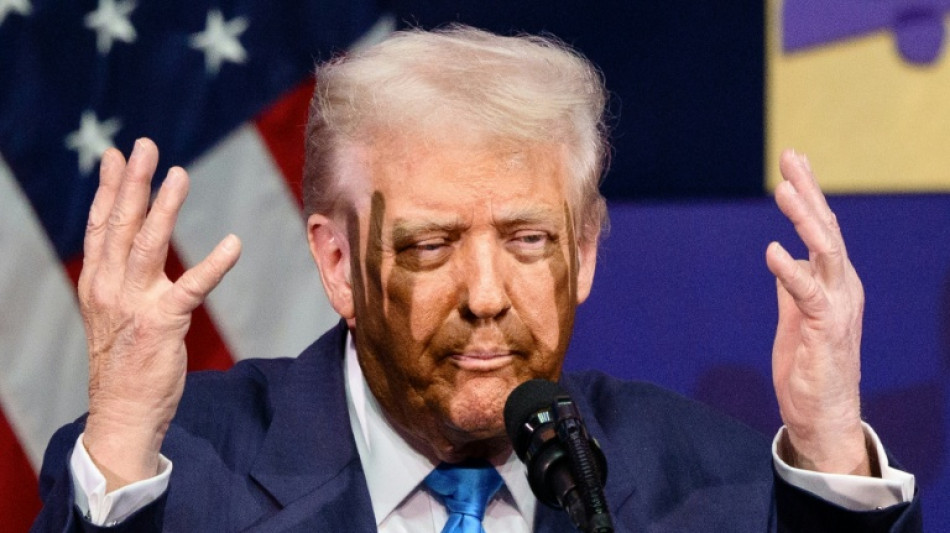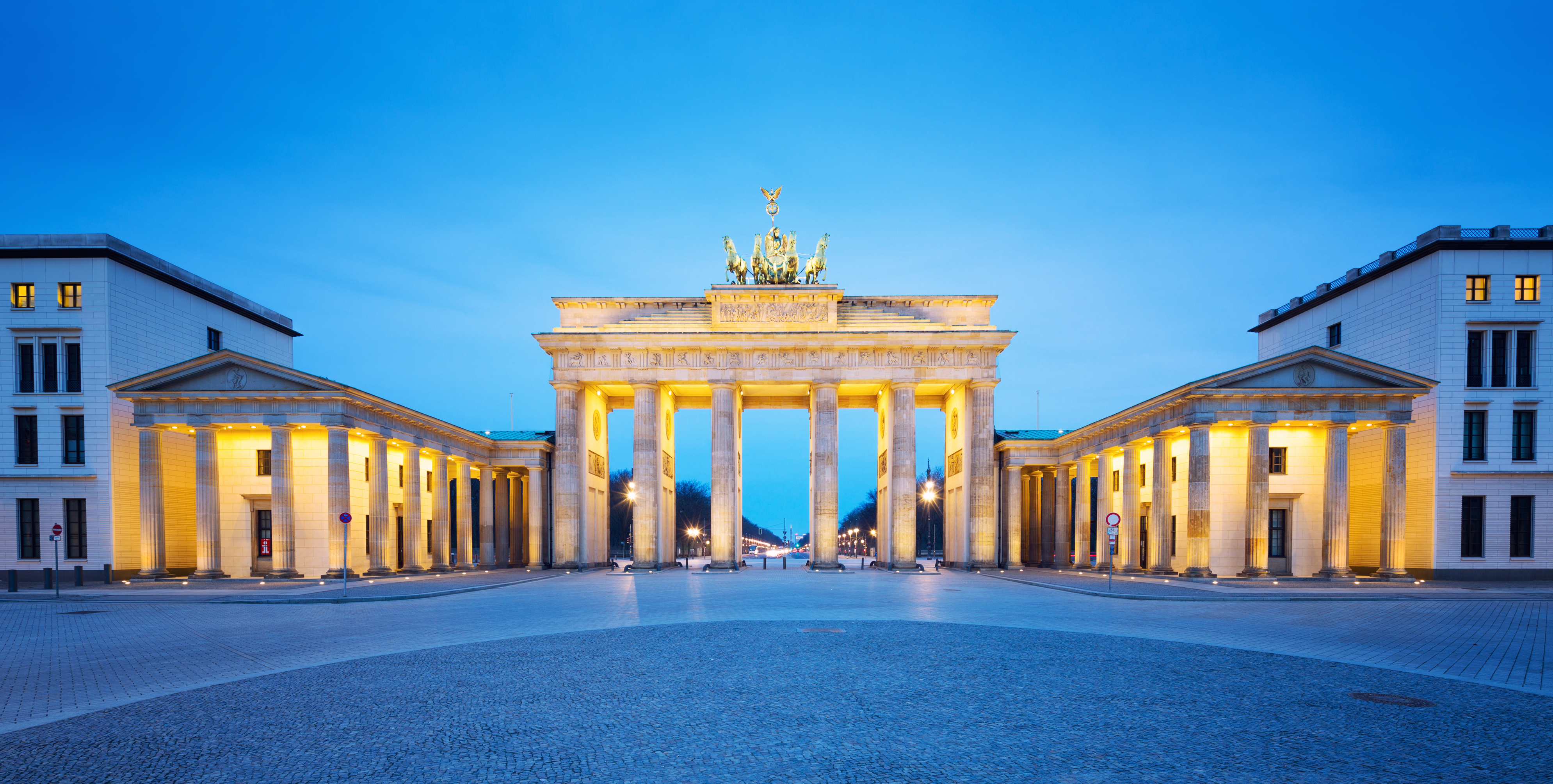

Trump orders nuclear testing resumption ahead of Xi talks
President Donald Trump announced Thursday the resumption of US nuclear weapons testing, minutes ahead of his first face-to-face meeting with Chinese leader Xi Jinping in six years on easing their trade war.
The move comes a day after Russian President Vladimir Putin said Moscow had successfully tested a nuclear-capable, nuclear-powered underwater drone, in defiance of Washington's warnings.
"Because of other countries testing programs, I have instructed the Department of War to start testing our Nuclear Weapons on an equal basis," Trump wrote on Truth Social en route to his talks with Xi in Busan, South Korea.
Trump added that in terms of nuclear weapons stockpiles, China was a "distant third" behind the United States and Russia "but will be even in 5 years."
The US leader's latest missive broadened the stakes for his talks with Xi.
The world's two top economies' trade tussle -- encompassing everything from rare earths to soybeans and port fees -- has rocked markets and gummed up supply chains for months.
Following productive preparatory talks by top officials, Trump said on Wednesday on his way to South Korea that "a lot of problems are going to be solved" in a "great meeting".
"We have been talking to them, we're not just walking into the meeting cold... I think we're going to have a very good outcome for our country and for the world, actually," he said.
China's foreign ministry was more cautious, saying that Xi and Trump would have "in-depth" talks on "major issues".
"We are willing to work together with the US side to ensure that this meeting yields positive outcomes, provides new guidance and injects new momentum into the stable development of China-US relations," ministry spokesman Guo Jiakun said.
Trump indicated that the agreement would include lowering 20 percent tariffs on Chinese goods related to fentanyl, which has killed tens of thousands of Americans.
Of particular importance to Trump -- with an eye on US farmers -- is whether China will resume purchases of American soybeans.
US Treasury Secretary Scott Bessent said after the run-up talks in Malaysia that Beijing had agreed to "substantial" purchases.
Another major issue is export controls on rare earths announced by Beijing this month that prompted Trump to call the Xi summit into question.
Beijing holds a virtual monopoly on these materials, which are essential for sophisticated electronic components across a range of industries.
"There are still many unresolved issues between the two countries, given the complexity and sheer volume of their trade ties," said Yue Su at The Economist Intelligence Unit.
"The easiest wins could include removing port fees for ships or lifting some fentanyl-related tariffs, which fall fully under presidential authority. China, in turn, could agree to purchase more US commodities to show goodwill," Su told AFP.
- Crowning achievement -
The meeting is taking place on the sidelines of an Asia-Pacific Economic Cooperation (APEC) summit of 21 countries in Gyeongju including the leaders of Japan, Australia and Canada.
It is the final stop on an Asia tour that saw Trump showered with praise and gifts, including a replica of an ancient Korean golden crown.
In Japan, new Prime Minister Sanae Takaichi said she would nominate Trump for the Nobel Peace Prize and gave him a putter and a gold-plated golf ball.
However, Trump's hopes of a re-run of his 2019 meeting with North Korean leader Kim Jong Un at the Demilitarized Zone frontier appear to have dashed.
Trump said though that they would meet in the "not too distant future" and that he would like to "straighten out" tensions between North and South Korea.
On Thursday, he hailed the military alliance with South Korea as "stronger than ever" and said he had given the green-light for Seoul to build a nuclear powered submarine.
- Taiwan surprise -
Even if Xi and Trump come to an agreement, it will not bring a halt to their nations' fierce economic, technological and strategic rivalry.
But the Republican leader will be able to flaunt his skills as a negotiator at a time when US households are growing impatient with persistent inflation.
A reconciliation in South Korea would also offer Trump the prospect of a lavish visit to China, similar to the one he made during his first term in 2017.
One surprise could be if Xi brings up Taiwan, with speculation that Beijing might press Trump to water down US backing for the self-ruled island.
Since 1979, Washington has recognised Beijing over Taipei as the sole legitimate Chinese power, even though the United States remains Taiwan's most powerful ally and its main arms supplier.
burs-stu/hmn
L.Becker--BVZ



